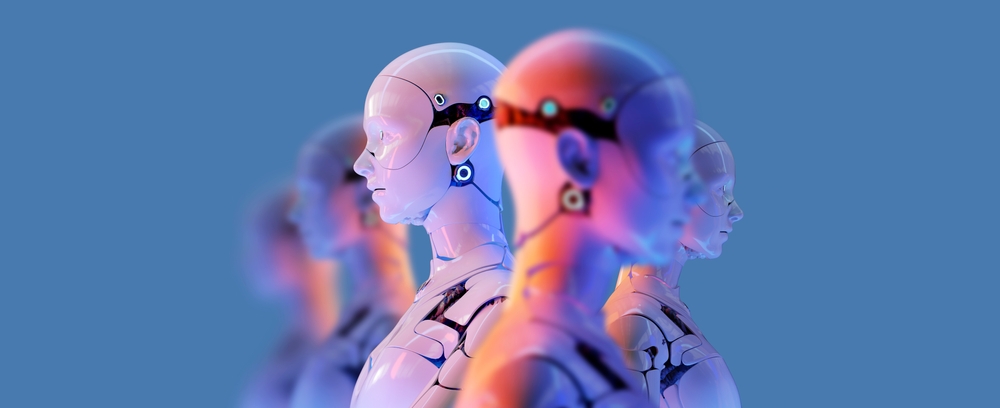Controlling GPTBot Access for Privacy and Model Improvement
OpenAI recently announced a significant development that grants website administrators the ability to exert control over the access of their resources by OpenAI’s GPTBot search robot. This enhanced control is facilitated through the specification of directives in the robots.txt service file.

Enhancing Model Training with Access Control
Web pages accessible to the GPTBot user-agent, referred to as the [string-value robot], hold the potential to contribute to the refinement of future models. However, these pages undergo a filtering process to eliminate content from sources that require payment for access, gather personally identifiable information, or contain text violating OpenAI’s policies. OpenAI’s help section elaborates on this, stating that websites meeting the exclusion criteria can aid in bolstering the precision, capabilities, and security of AI models.
Implications for Privacy and Data Inclusion
In a practical context, the decision to block or grant GPTBot access to websites holds significant implications. This action empowers internet users to withhold their personal data from being incorporated into the vast datasets used to train large language models. A notable precedent is DeviantArt’s introduction of the NoAI tag, which ensures that content with this tag remains excluded from ChatGPT’s training data collection.
Data Utilization Challenges in AI Training
The realm of AI training heavily relies on large-scale data collection from the internet, and the specifics of this data collection remain undisclosed by neural network developers, notes NIX Solutions. The extent to which sources like social networks are included in the training data remains uncertain. However, notable platforms like Reddit and Twitter have overtly opposed the inclusion of their data in AI training datasets, resulting in the introduction of paid API access.
